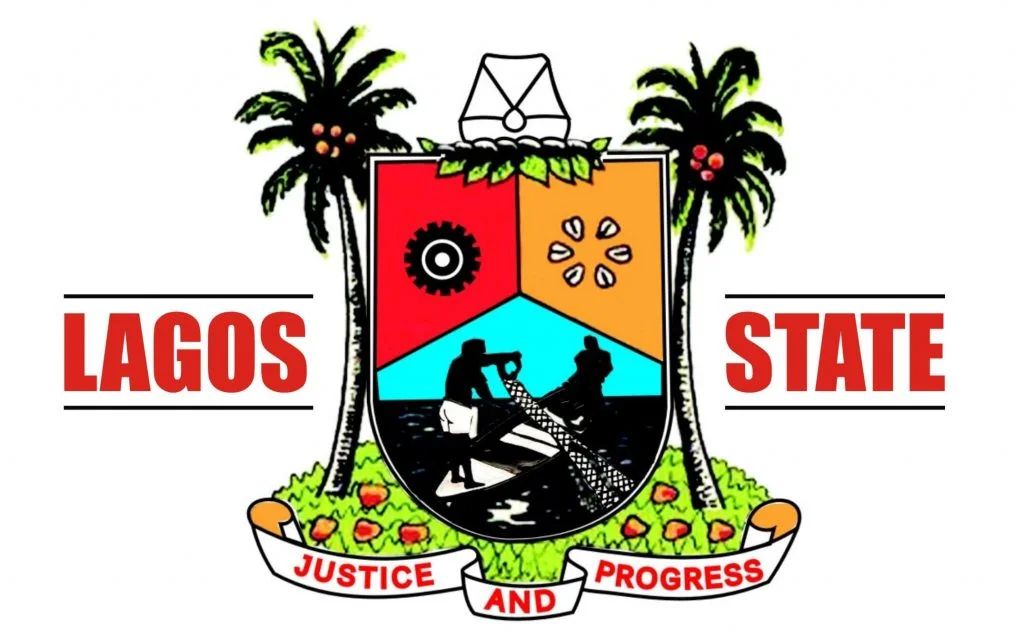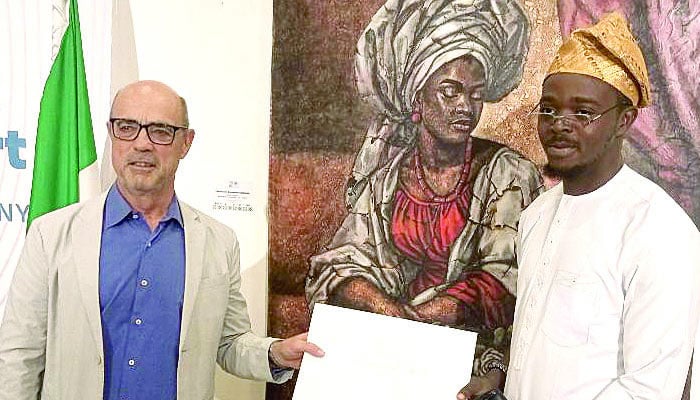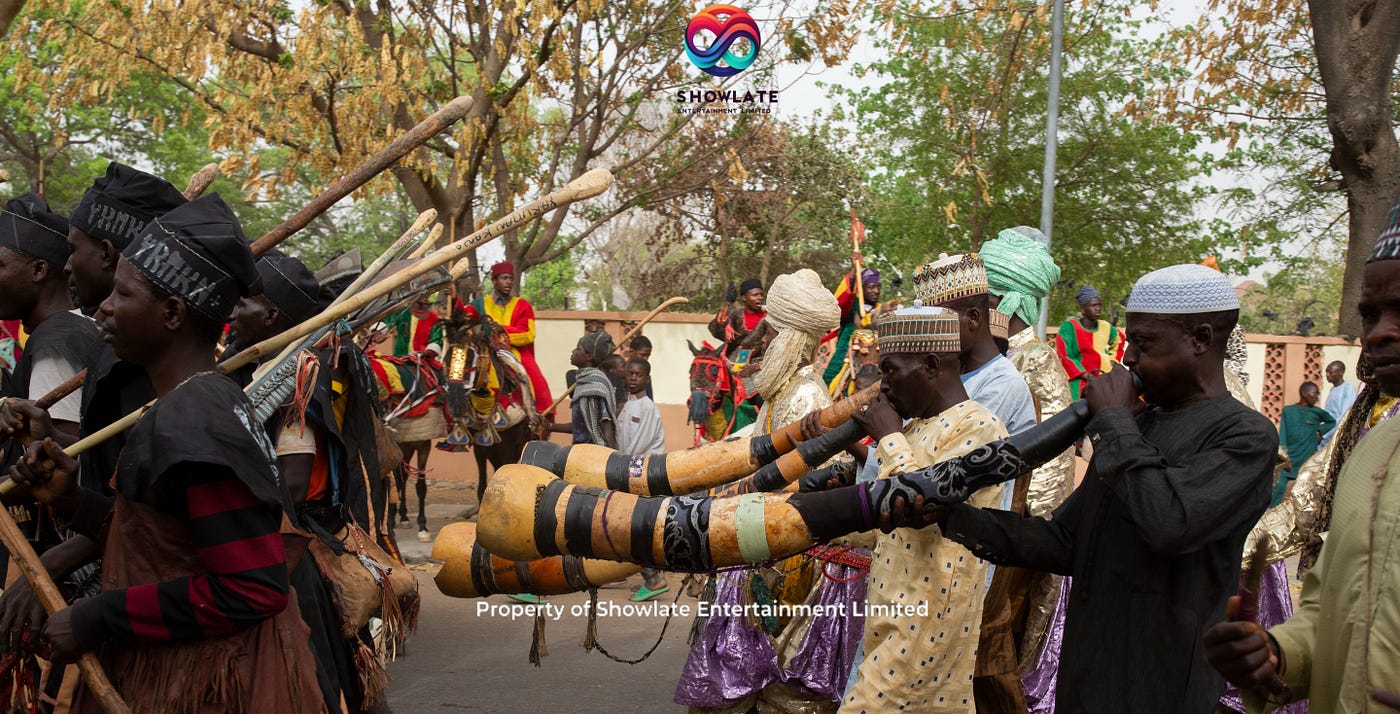KCCN celebrated Korea’s Lunar New Year, Seollal, in Abuja with traditional Korean games, bringing cultural connections between Nigeria and Korea
The Korea Cultural Center in Nigeria (KCCN) recently hosted an exciting and vibrant cultural event in Abuja to celebrate the Lunar New Year, known as *Seollal*, and share aspects of Korean heritage with Nigerians.
The event, which featured traditional Korean games like Gong-gi, Jegi-Chagi, and Ttakji-Chigi, alongside authentic Korean snacks, highlighted the cultural ties between Korea and Nigeria, particularly through the lens of traditional games and festivities.
*Seollal*, Korea’s Lunar New Year, holds deep cultural significance as the most important traditional holiday in the country.
Much like the Chinese New Year, *Seollal* is a time when families come together to celebrate the beginning of a new lunar year, paying respects to their ancestors, sharing traditional foods, and playing games.
The event in Abuja aimed to introduce Nigerians to these customs, showcasing how the celebration fosters unity, family bonds, and wishes for good fortune in the year ahead.
Ms. Yujin Lee, KCCN’s Cultural Event Manager, explained the importance of the event, noting that *Seollal* is Korea’s largest holiday, much like Chuseok (Korean Thanksgiving).
“The celebration is a chance to express gratitude to one’s ancestors,” Lee said. “Traditional games such as Gong-gi, Jegi-Chagi, and others are integral to the festivities because they involve gathering people together.”
The event also drew attention to the connections between Korean and Nigerian traditional games. Ms. Jennifer Ezeonyeasi, KCCN’s Cultural Events and Communications Officer, highlighted how traditional Korean games have become part of global pop culture, particularly with the international success of the *Squid Game* series.
She explained, “We tried to incorporate some of the traditional games that were featured in *Squid Game* into this event, allowing participants to experience Korea’s cultural games while celebrating the Lunar New Year.”
The games featured at the event included Yutnori, a board game traditionally played by Korean farmers, and others like Gong-gi (a game involving stones) and Jegi-Chagi (a foot game akin to keepy-uppy).
These games were adapted for Nigerian participants, who enjoyed them in various ways, such as throwing and catching stones or using their feet to keep items airborne.
Ezeonyeasi emphasized that these games shared similarities with traditional Nigerian games, underscoring the cultural similarities between the two countries.
“By showcasing these games, we’re celebrating the cultural exchange between Nigeria and Korea. The games reflect how our cultures overlap and how we can connect through these shared experiences,” she said.
The celebration left a lasting impression on participants. Ms. Nimat Ajaji, a winner of the *Yutnori* game, expressed her enthusiasm for the event, saying, “Seollal is as important in Korea as Chuseok, and this event has been a wonderful way to connect with the Korean community here in Nigeria.”
Ajaji, who has been following Korean culture for 12 years, explained that *Yutnori* is traditionally played by farmers in Korea to usher in the new year and pray for a good harvest.
Mrs. Ene Igwe, another participant, praised the variety of games and the inclusive nature of the event, noting that it was a delightful experience for anyone interested in Korean culture.
“The Korean community in Nigeria has done a great job involving Nigerians in their activities. I’m so happy to have participated in these traditional games,” she said.
KCCN’s *Seollal* event in Abuja successfully brought Korean traditions to Nigeria, offering both cultures an opportunity to learn from each other while celebrating the shared joys of family, tradition, and good fortune for the year ahead.

 Business3 years ago
Business3 years ago
 Events3 years ago
Events3 years ago
 Culture3 years ago
Culture3 years ago
 Culture3 years ago
Culture3 years ago
 Events3 years ago
Events3 years ago
 Events1 year ago
Events1 year ago
 Paranormal3 years ago
Paranormal3 years ago
 Events2 years ago
Events2 years ago

































